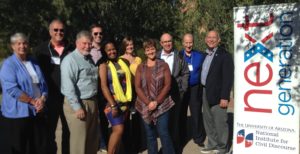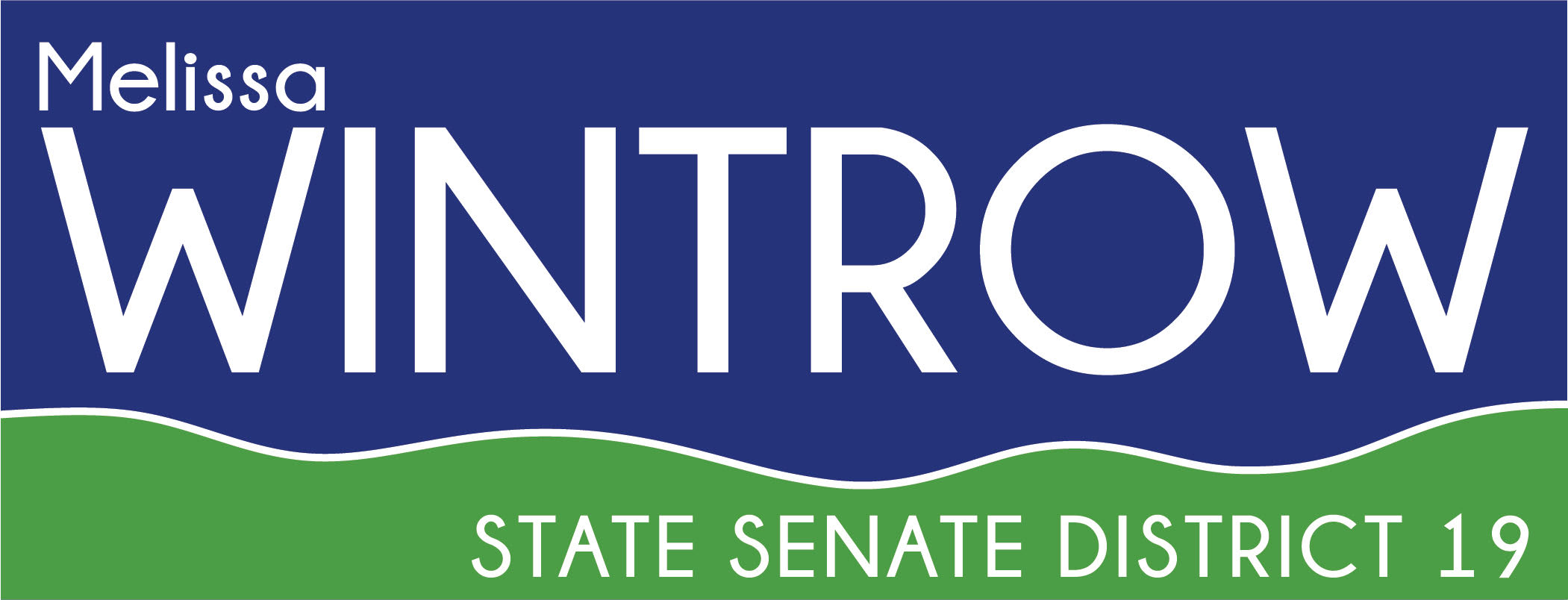
This year’s legislative session started with a daylong training about how we, as legislators, could find common ground with our peers and solve problems. I had the honor of attending facilitator training from the National Institute for Civil Discourse this past December with the goal of visiting other states to facilitate the same kind of training for colleagues across the country.
This training is potentially the most important key to setting up the 2016 Legislature for success. It’s a training by legislators (from other states) for legislators. I’m very glad that we brought this training to our state; I hope it sets a tone of working together and getting past party labels so we can get things done.
Next Generation is an initiative directed by Ted Celeste, former Ohio State Representative, with the goal of creating and strengthening relationships across the aisle through mutual trust based on compassionate communication. I met Ted at a conference in Kettering, Ohio in July and he invited me to attend a facilitator training in Seattle and then Arizona this past December at the historic Sandra Day O’Connor House. Senator Chuck Winder and I were among 7 other legislators who received training.
The National Institute for Civil Discourse was founded in 2011, just 10 days after the mass shooting in Arizona where Rep Gabrielle Giffords and eighteen other people were shot and severely injured at a constituent meeting held at a local grocery. Rep Giffords was well-known for her bi-partisan work. The University of Arizona answered a call from the nation to do something in the wake of this violence. NICD was created in the spirit of championing honest and civil dialogue that leads to collaboration and participation amongst media, the public and elected officials of all party affiliations in an effort to better serve democracy.
I am very pleased to be working with this organization and my own state legislature to promote trust through civil discourse. My entire career has evolved around work and activism that requires careful, thoughtful and respectful engagement with people who often approach issues and challenges from vastly different experiences and world views. I have learned that the key to solving problems is to truly listen to the people with whom you share the responsibility of problem-solving. As I tell my students, keeping an “open mind” isn’t a cognitive process.
